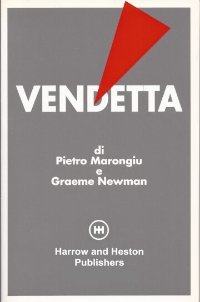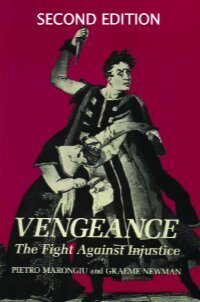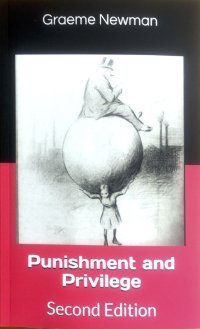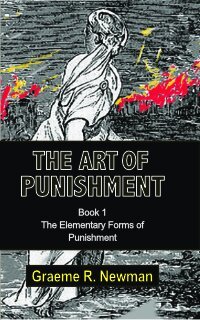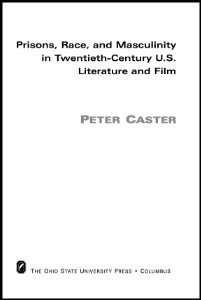By Graeme R. Newman
Not everyone will agree with this book. Some will say it is a case for torture. It is not. But everyone who reads it, especially those concerned that today's longer, tougher sentences are turning the U.S. into an "inmate nation"-will be forced to rethink exactly what we mean by punishment. And justice. This book Is for everyone outraged by crime-and by the chaos of our criminal justice system. Why, Graeme Newman asks, has reform after reform failed to halt the spread of crime? How can we demand long, mandatory sentences when voters refuse to spend the money to build more and bigger prisons? Does anyone know what to do with those who break the law? An exciting sequel “Civilization and Barbarism: Punishing Criminals in the 20th Century” published by SUNY Press, takes the argument way beyond anything before.
Harrow and Heston Publishers. 2021. 166p.



